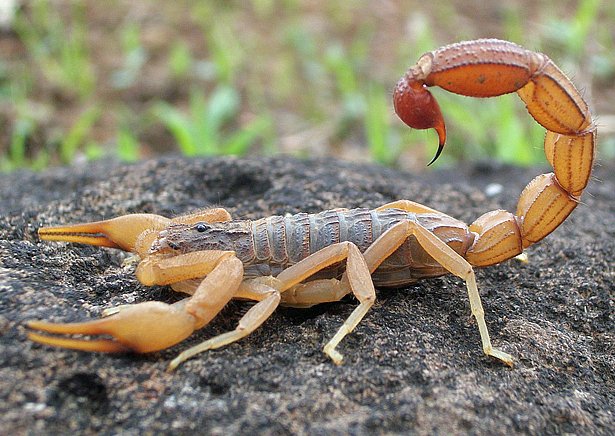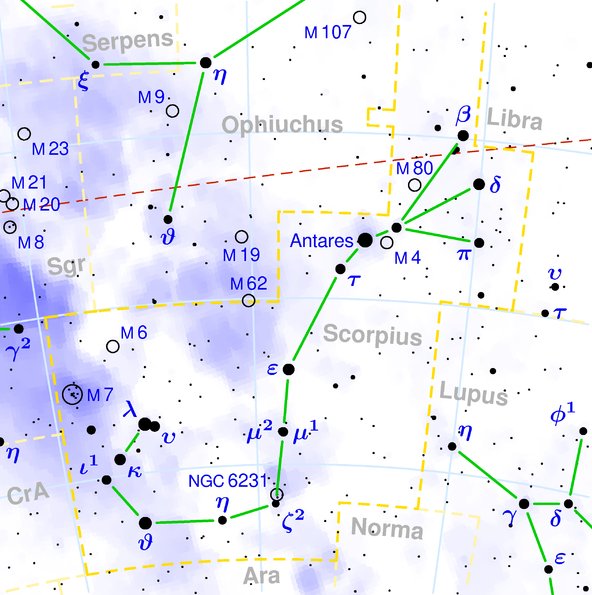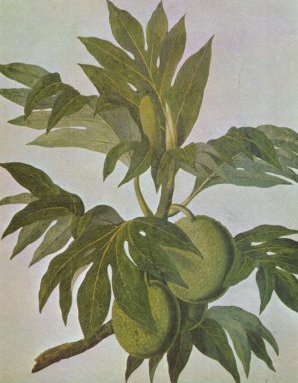| Tau Year (ta'u), he-hoa ite ta'u, to confess to a crime committed long ago, by publishing it in the form of a kohau motu mo rogorogo (rongorongo tablet). Vanaga.
1.To hang (tau), to perch (said of chickens on tree branches at night); rock on the coast, taller than others so that something can be deposited on it without fear of seeing it washed away by the waves; hakarere i ruga i te tau, to place something on such a rock; tau kupega, rope from which is hung the oval net used in ature fishing. 2. Pretty, lovely; ka-tau! how pretty! Vanaga.
1. Year, season, epoch, age. P Pau.: tau, a season, period. Mgv.: tau, a year, the season of breadfruit. Mq.: tau, year. Ta.: tau, season, time. 2. Fit, worthy, deserving, opportune; tae tau, impolite, ill-bred, unseemly; pei ra tau, system. PS Mgv.: tau, fit, suitable, proper. Sa.: tau, right, proper. To.: tau, becoming, fit, proper, agreeable. Fu.: tau, fit, proper. 3. To perch. P Pau.: tau, a perch for a bird. Mgv.: tau, to mount on a person's back. Mq.: tau, to perch, to rest on. Ta.: tau, to perch, to alight on. 4. To hang; hakatau, necklace; hakatautau, to append. P Pau.: fakatautau, to hang up. Mq.: tautau, id. Ta.: faatautau, id. 5. Anchor; kona tau, anchorage, port. P Mq.: katau, anchor. Ta.: tau, id. 6. To fight; hakatau, challenge, to defy, to incite; hakatautau, to rival. P Ma.: whakatatau, to quarrel. Churchill.
Pau.: fakatau, indolent. Ta.: faatau, id. Fakatautau, to delay, to defer. Ta.: haatautau, id. Churchill.
The Malay word for 'year' is taun or tahun. In all Polynesian dialects the primary sense is 'a season', 'a period of time'. In the Samoan group tau or tausanga, besides the primary sense of season, has the definite meaning of 'a period of six months', and conventionally that of 'a year', as on the island of Tonga. Here the word has the further sense of 'the produce of the year', and derivatively 'a year'. In the Society group it simply means 'season'. In the Hawaiian group, when not applied to the summer season, the word keeps its original sense of 'an indefinite period of time', 'a life-time, an age', and is never applied to the year: its duration may be more or less than a year, according to circumstances. So far our authority (Fornander, I, 124; cp. 119). It seems however to be questionable whether the original sense is not the concrete 'produce of the seasons', rather than the abstract 'period of time'. It is significant that on the Society Islands the bread-fruit season is called te tau, and the names of the other two seasons, te tau miti rahi and te tau poai, are formed by adding to this name. Nilsson. |










